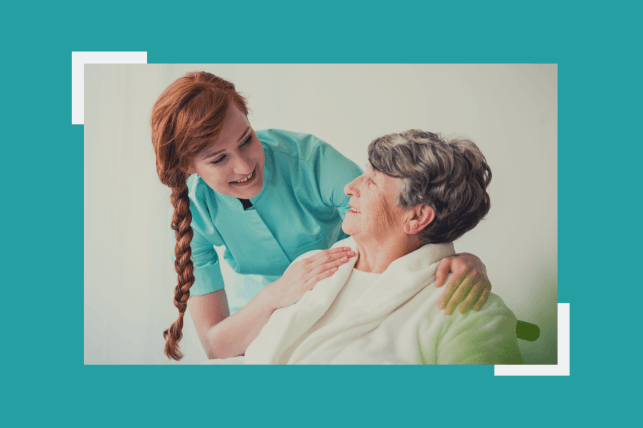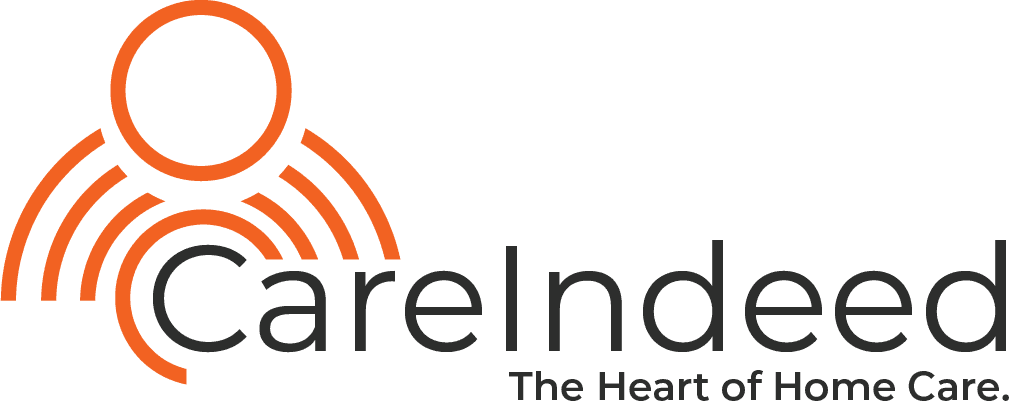
Alzheimer’s Care in the Bay Area: The First Steps After Diagnosis
Dee Bustos
Home Care Services
Apr 21, 2021
3 min read
The initial aftereffect of a degenerative brain disease diagnosis is undoubtedly a catalyst for a wide range of feelings and emotions. It’s perfectly acceptable for someone to feel like they’re drowning amidst what is shocking and downright upsetting news. It’s a part of the acceptance process, but knowing the proper steps to take can stop a tsunami of stress and anxiety in an already challenging situation.
Regardless of the current severity of a degenerative brain disease, aligning the appropriate caregiving is integral to everyone’s comfort and wellbeing. Alzheimer’s care in the Bay Area is based upon three central pillars: diligence, kindness, and consistency. Arranging for one’s caregiving or the caregiving of a loved one can be difficult, but home care services in the Bay Area are founded in compassion and support and by fostering a nonjudgmental environment.
Home care services in the Bay Area are meant to add quality of life and overall vitality to their client’s lives. Finding the most suitable caregiver is integral to adequate healthcare staffing in the Bay Area.
Post-Diagnosis Steps To Take:
- Lock in a doctor’s appointments: now more than ever, continuity of assistance is necessary to ensure symptoms and issues are noted and addressed, and the overall wellness of the diagnosed person is actively managed. A person with a recent diagnosis may be feeling just fine. Still, the reality is that downturns in wellbeing, especially with degenerative brain diseases, can happen swiftly, making a connection with qualified caregivers imperative.
- Seek support. There are numerous support groups and counseling options available, and many individuals sharing the same diagnosis find them helpful. Sharing stories, struggles, and both the highs and lows of such a diagnosis can help every family member, especially the diagnosed person. The friendships and knowledge base built when participating in these activities will help lead everyone through trying times.
- How about holistic? While degenerative brain diseases are not reversible, there are ways to alleviate suffering and fortify wellness. From meditation to acupuncture and back again, the options are endless, especially in Eastern medicine. Holistic can also mean eating a more balanced diet or maintaining one’s spiritual wellbeing.
- Cry. Get angry. And then keep going. While most people can muster up a pretty good stiff upper lip in trying times, it’s not especially helpful or recommended with this type of diagnosis. Going through the phases of sadness and grief is necessary and can help everyone muster their strength to lean on later on. Emotions are natural and healthy, and rejecting feelings of sorrow and disappointment will only amplify everyone’s suffering, especially the person diagnosed.
- Set up safety measures. Installing gates to protect vulnerable individuals from falling down the stairs or raising the toilet seat to make it more accessible helps everyone adjust. What initially feels like extreme safety measures often end up being priceless modes of convenience when the demands are aplenty.
- Slip-on convenience: Purchasing a wardrobe sans buttons and zippers will be important as time goes on. Opting for slip-on clothes can save a lot of frustration. As well, empowering a loved one or one’s self to be as independent as possible, for as long as possible, is good for the morale of everyone involved, especially for the diagnosed person.
- Participate in a clinical trial: Empower oneself and future generations by helping scientists to understand degenerative brain diseases better. Trials like these also bring forth the newest treatments, and participation can increase wellness and decrease symptoms.
- Get financial and legal ducks in a row: Ensuring that finances and legal matters like establishing a power of attorney or legal guardianship can solidify a plan to avoid scrambling in the future. It’s critical that the diagnosed person’s wishes will be met in a way that also suits their loved ones, because it clarifies the best course of action for everyone as symptoms intensify and needs increase.
- Contemplate current and future needs of the diagnosed person: Planning the appropriate caregiving, as needs become more intensive, helps all parties involved sustain the highest degree possible of wellness for everyone involved. Whether the need is for nonmedical staffing in the Bay Area, which refers to companionship and helping out around the house, or more intensive caregiving is necessary, like Alzheimer’s care services in the Bay Area, there are many options available. It’s never a comfortable conversation to have, but it is necessary.
- Never negate the power of practicality: Ironing out the best course of action regarding future caregiving needs leaves out the guessing about what the diagnosed person would want. It also takes into consideration what best suits their loved ones too. The time is for practicality, and finding caregiving services that the diagnosed person likes and their loved ones like and trust is integral to the transition. It’s an intimate business letting a veritable stranger into one’s house to tend to a vulnerable individual, so it’s significant to find a compassionate, compelling and experienced service, no matter what the level of need is.
Now Is The Time For Planning
Whether a person’s caregiving needs are complex or not, the key is to arm oneself with information and a plan to ensure that the wellbeing of all involved is protected as much as possible. It’s not always easy to be proactive or have difficult conversations of this type, but effecting a carefully thought-out plan will take away a great deal of suffering and confusion down the line. Compassion, consideration, and consistency are the hallmarks of effective caregiving.
It’s also important to note that the sooner someone who requires a little help gets it, the longer they can typically live more independently. Proactivity now means peace later on for everyone involved.
The Importance of Supplemental Nurse Staffing During the Pandemic

What Makes High-Quality Home Care Services in San Francisco?




